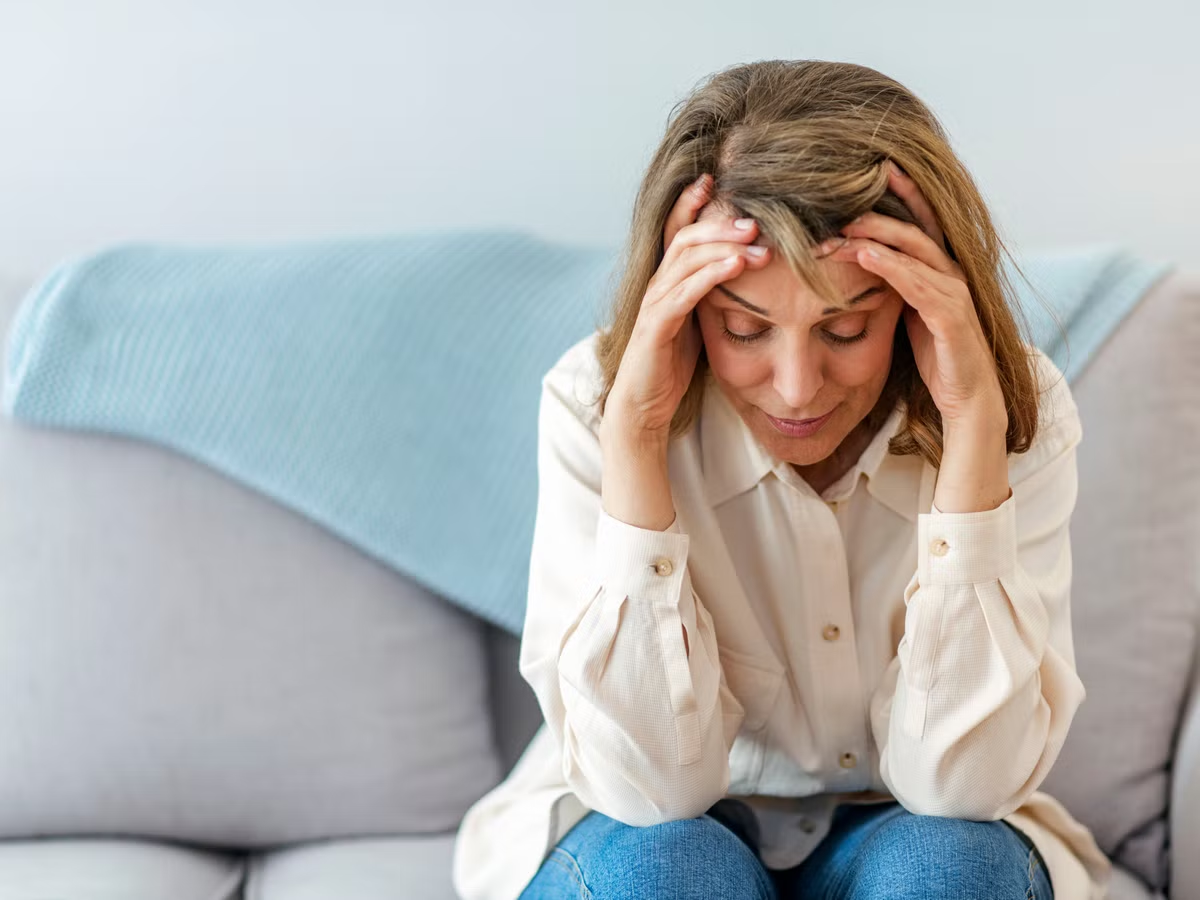Overview of Menopause Treatment
Menopause treatment aims to relieve the symptoms and prevent the long-term health risks associated with menopause. Treatment options may vary depending on the severity of the symptoms and the patient's overall health status. The main treatments include hormone therapy, non-hormonal therapy, and lifestyle changes.

- Hormone Therapy: Hormone therapy is the most effective treatment for menopause symptoms. It involves taking estrogen and progesterone to replace the hormones that the ovaries are no longer producing. It can be done through a pill, patch, gel, cream, or vaginal ring. Hormone therapy is usually given for a short period, but the length of treatment depends on the individual's symptoms and health history.
- Non-Hormonal Therapy: Non-hormonal therapy includes medications used to treat specific symptoms of menopause, such as hot flashes, vaginal dryness, and mood changes. Antidepressants, anti-seizure, and blood pressure medications are used in non-hormonal therapy.
- Lifestyle Changes: Lifestyle changes such as regular exercise, a healthy diet, stress management, and adequate sleep can help alleviate the symptoms of menopause. These lifestyle changes can also reduce the risk of long-term health problems like osteoporosis and heart disease.



